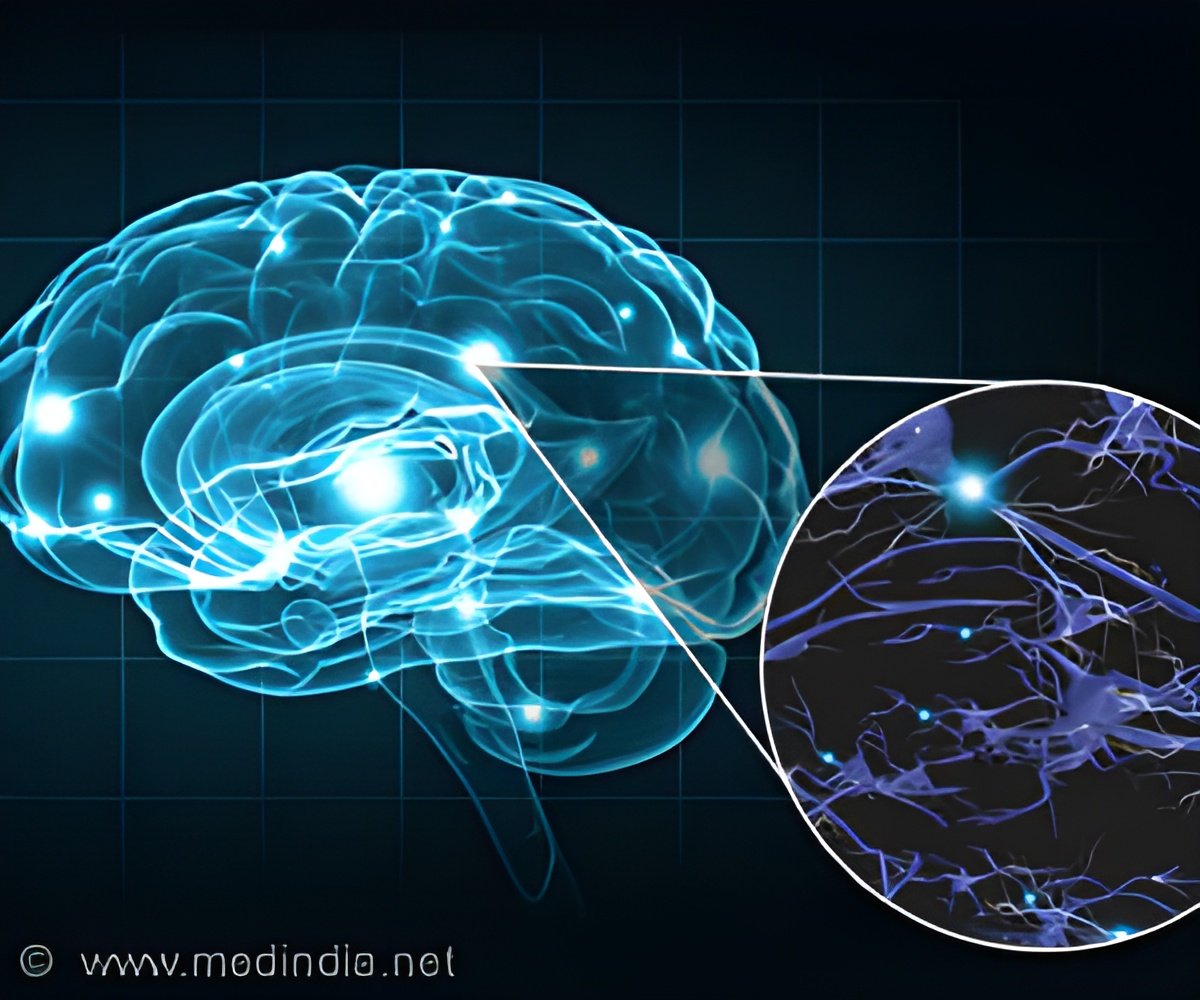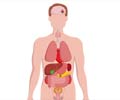A new study finds alterations in functional connectivity in additional brain networks and has also shown significant associations between gene mutation and motor and cognitive functions.
A new research that examined connectivity of the whole brain in Huntington’s patients has found the alterations in functional connectivity in additional brain networks and has also shown the significant link between the genetic mutation and measures of motor and cognitive functions. The findings of the study are published in the journal
Brain Connectivity. The article will be available free on the
Brain Connectivity website until April 21, 2018.
The article entitled "Whole-Brain Connectivity in a Large Study of Huntington’s Disease Gene Mutation Carriers and Healthy Controls" is coauthored by Jane Paulsen, University of Iowa, Iowa City, Flor Espinoza, The Mind Research Network and University, Albuquerque, NM, and colleagues. The scientists looked for correlations between the number of trinucleotide (CAG) repeats (the disease-causing gene mutation) and measures of whole-brain connectivity obtained on resting-state functional magnetic resonance imaging (fMRI). They compared the data acquired from individual carriers of the
Huntington disease gene with various CAG repeat lengths and healthy control subjects.
"This analysis expands on previous Huntington disease studies by investigating associations between CAG repeat length and whole brain resting fMRI connectivity and also performs association tests between the identified CAG dependent connectivity and motor and cognitive performance," states Bharat Biswal, PhD, Co-Editor-in-Chief of Brain Connectivity and Chair of Biomedical Engineering, New Jersey Institute of Technology. "These results provide a step forward in understanding connectivity alterations in Huntington disease gene carriers."
Source-Eurekalert





















